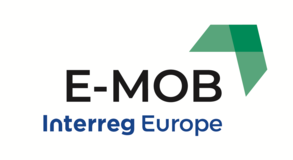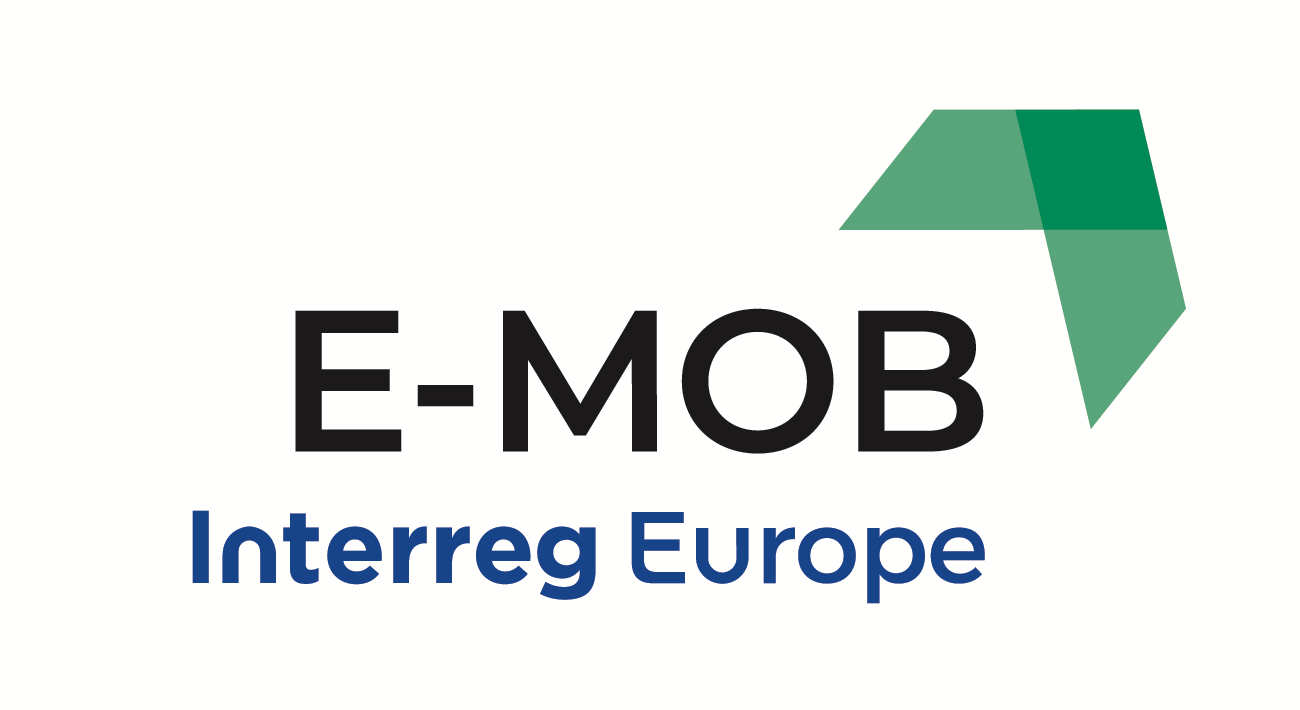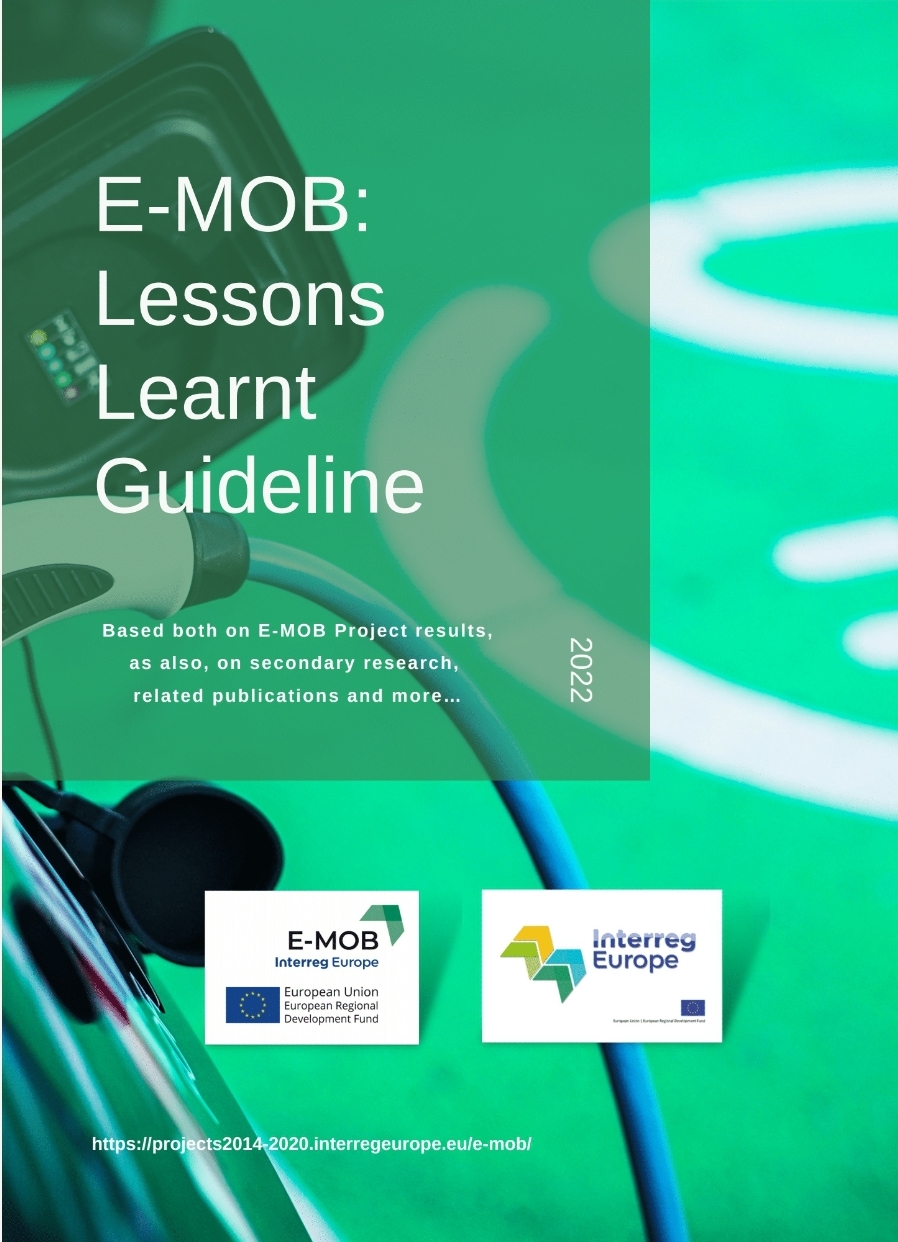In 2009, Vorarlberg set the goal to become energy autonomous based on renewable energies until 2050. The first decade of this process from 2010 to 2020 is over now and so it was time to look back on the achieved goals and look forward to the next steps.
In a press conference, head of state Vorarlberg Markus Wallner, head of the ministry of energy, environment and transport Johannes Rauch, process manager of energy autonomy Karin Feurstein-Pichler and Prof. Markus Preißinger, who also leads the E-MOB project at Vorarlberg University of applied sciences informed press representatives about the status quo and future challenges.

Source: VLK Julian Bitsche
Although Energy Autonomy Vorarlberg 2050 covers the whole energy system of Vorarlberg, e-mobility being just one sector, the biggest challenges are seen in the topic, E-MOB covers: how do we transform the mobility sector to CO2-friendly technologies.
Mr. Rauch emphasized, that Vorarlberg made good experience with the first 4 electric busses that came into operation in early 2020 and will order further electric busses. Furthermore, a new electromobility strategy is on the way. This policy instrument, which is directly connected to the E-MOB project will be developed by about 10 experts in electromobility. Prof. Markus Preißinger will be part of the expert ground influencing the strategy with good practices from the E-MOB project and the involved partners.






